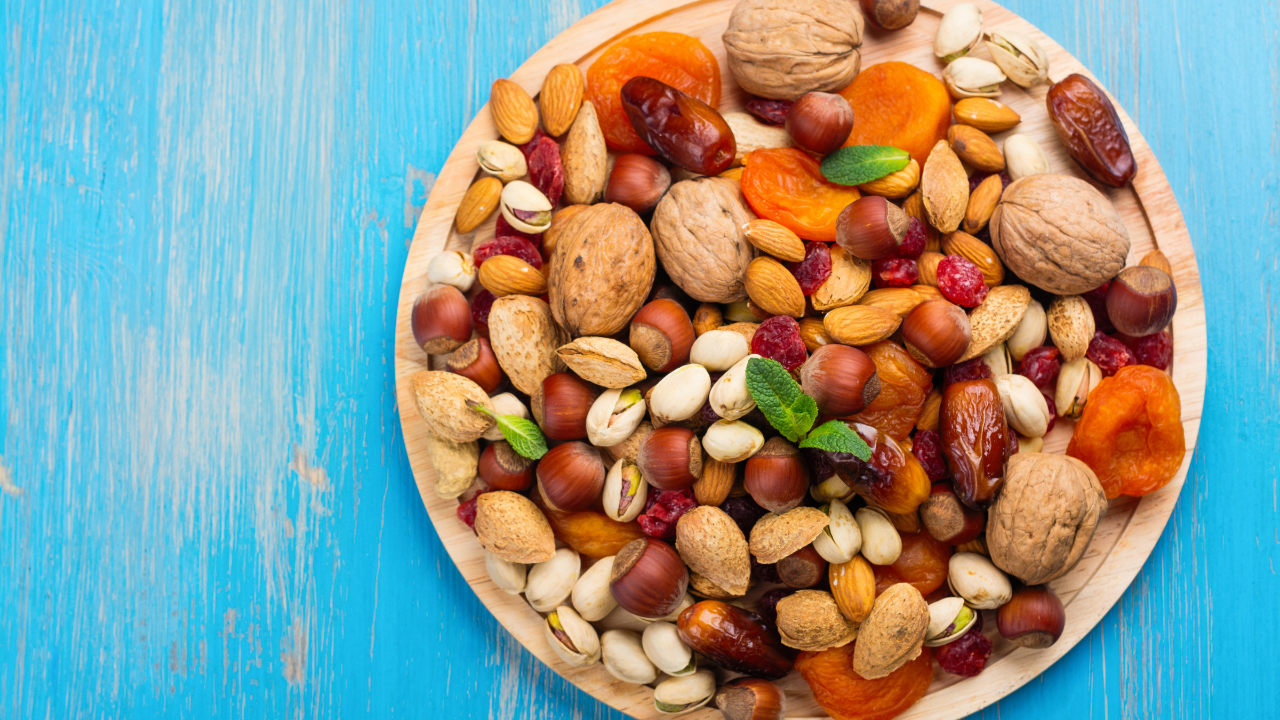Acid reflux may not be due to digestive issues
According to Dr. Amol Dahale, Consultant: Gastroenterologist, Manipal Hospital, Baner Pune, “A hiatal hernia, an abnormality of the stomach, is a common cause of acid reflux. When the stomach’s upper portion passes above the diaphragm, this occurs. This muscle is responsible for dividing your chest and abdomen. Normally, the diaphragm helps keep our stomach acid in there. However, acid can travel up into the esophagus if one has a hiatal hernia, leading to symptoms of acid reflux and acidic burps.”
Potential causes of stomach acid reflux
Eating too much
Being overweight or obese
Lying down or reclining after a heavy meal
Eating food late at night
Consuming acidic foods such as chocolate, mint, tomatoes, garlic, onions, or spicy and fatty foods
Drinking excessive amounts of liquids, such as carbonated beverages, coffee, or tea
Using tobacco
Pregnancy
Certain medications for high blood pressure
Most common symptoms of persistent heartburn
A burning sensation in the abdomen that could spread to the esophagus, neck, and chest
A bitter or sour taste in the back of the mouth
Regurgitation of liquids or food from the stomach into the mouth
Chronic cough
Nausea or vomiting
Home remedies to alleviate sour belching, acidity, and acid reflux
Chew fennel seeds: Chewing fennel seeds after meals aids digestion in some cultures. Fennel seeds are generally safe and have no significant side effects.
Try natural remedies: Baking soda and apple cider vinegar, when consumed in moderation, can help neutralize gastric acid.
Drink Ajwain water: Boil a spoonful of ajwain in water and drink it warm to ease heartburn.
Hing: Try eating a pinch of hing with warm water to prevent acidity.
Use antacids: Over-the-counter antacids may provide relief if you experience burping and heartburn or acid reflux.
Lose weight: Obesity is a major contributor to acid reflux. Excess abdominal fat puts pressure on the stomach, forcing gastric juices into the esophagus.
Eat smaller meals: Large meals increase the risk of acidity as they fill the stomach and exert pressure on the diaphragm. Aim for frequent, smaller meals instead.
Take a post-meal stroll: Light exercise after eating can aid in digestion by facilitating the movement of food through the digestive system.
Avoid alcohol and acidic beverages: Beer and sour drinks can increase gas production, exacerbating symptoms of acid reflux.
Limit hard candies and gum: Chewing gum or sucking on hard candies increases swallowing frequency, leading to more air ingestion.
The takeaway
However, for a precise diagnosis and personalized treatment recommendations, consulting with a doctor is crucial. While home remedies may provide immediate relief, they may not address the underlying cause of acid reflux or provide long-term solutions. By recognizing the symptoms and utilizing appropriate treatment options, individuals can effectively manage acid reflux and improve their overall quality of life.
Tame Your Tension Headache: Simple Yoga Techniques with Siddha Akshar














































